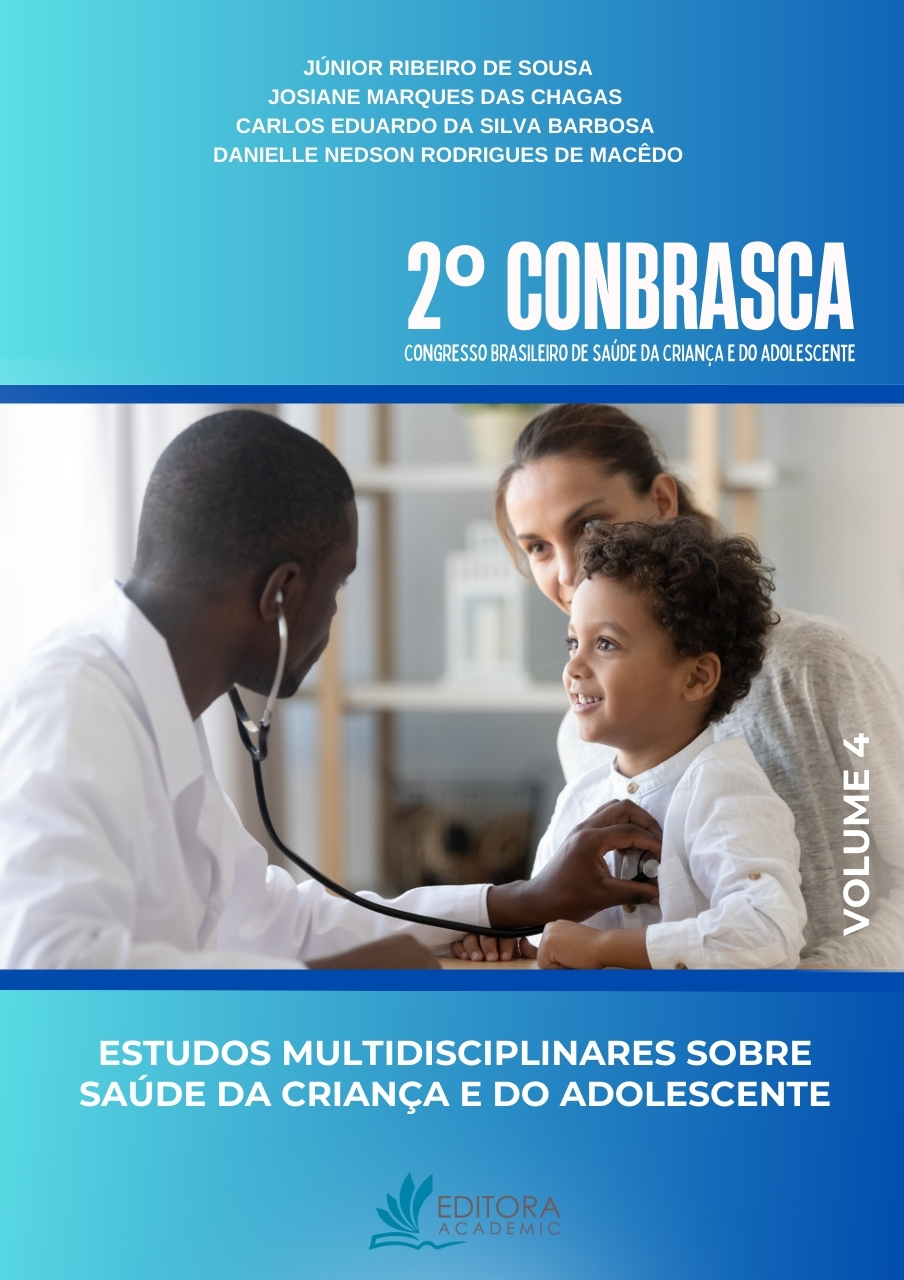
Objetivo: Identificar na literatura atual o impacto cardíaco, a eficácia analgésica e as interações medicamentosas relacionadas ao uso de morfina em pacientes IAM. Metodologia: Trata-se de uma pesquisa com base em artigos publicados entre 2018 e 2023 na plataforma MEDLINE. Obteve-se 22 resultados, dos quais foram excluídas as publicações que não abordavam o tema ou estavam fora do período especificado. Selecionou-se 4 artigos que se adequaram integralmente à temática. Resultados e discussão: O primeiro estudo verificou que a morfina reduziu significativamente a lesão miocárdica e microvascular, no entanto, sua associação com metoclopramida não teve efeito significativo. O segundo artigo informa que o uso de ticagrelor promoveu a redução da mortalidade e efeitos cardiovasculares, no entanto, sua associação com a morfina necessita de mais estudos. Outrossim, o terceiro ensaio afirma que o uso de GPI e morfina em IAMCSST submetidos a ICPP apresentou efeitos protetores contra trombose do stent. Já a quarta pesquisa observou que o tratamento com morfina aumenta o uso de inibidores GP IIb/IIIa, tendo menor fluxo TIMI 3 pré-ICP e mais sangramento, logo o uso criterioso de morfina é recomendado com analgésicos não opióides preferidos para dor aguda não intensa. Considerações finais: A administração de morfina em pacientes pós-IAM está relacionada a uma redução significativa de lesão cardíaca, sendo uma opção terapêutica vantajosa. No entanto, deve-se uma avaliação de risco-benefício quanto às interações medicamentosas.